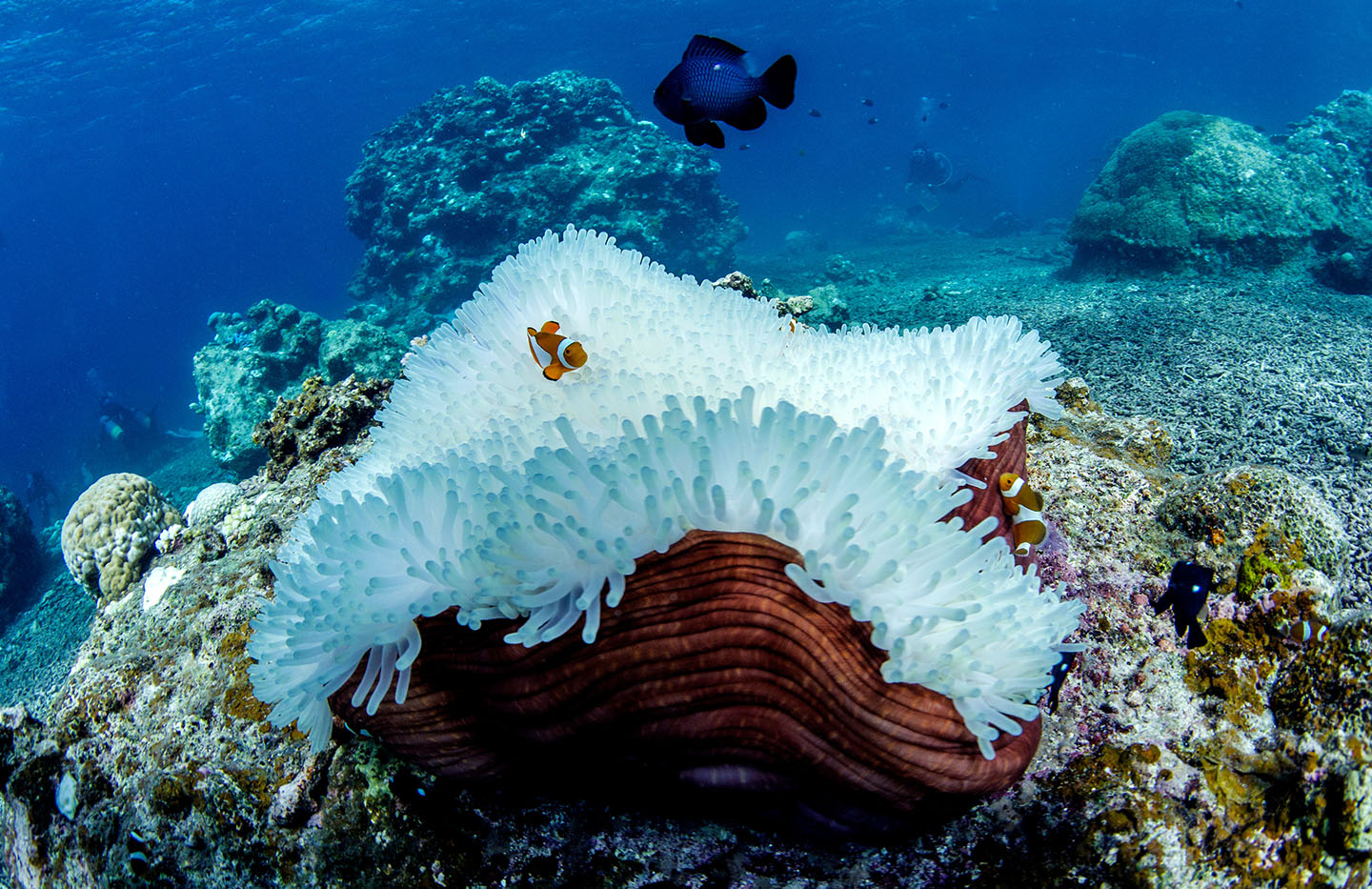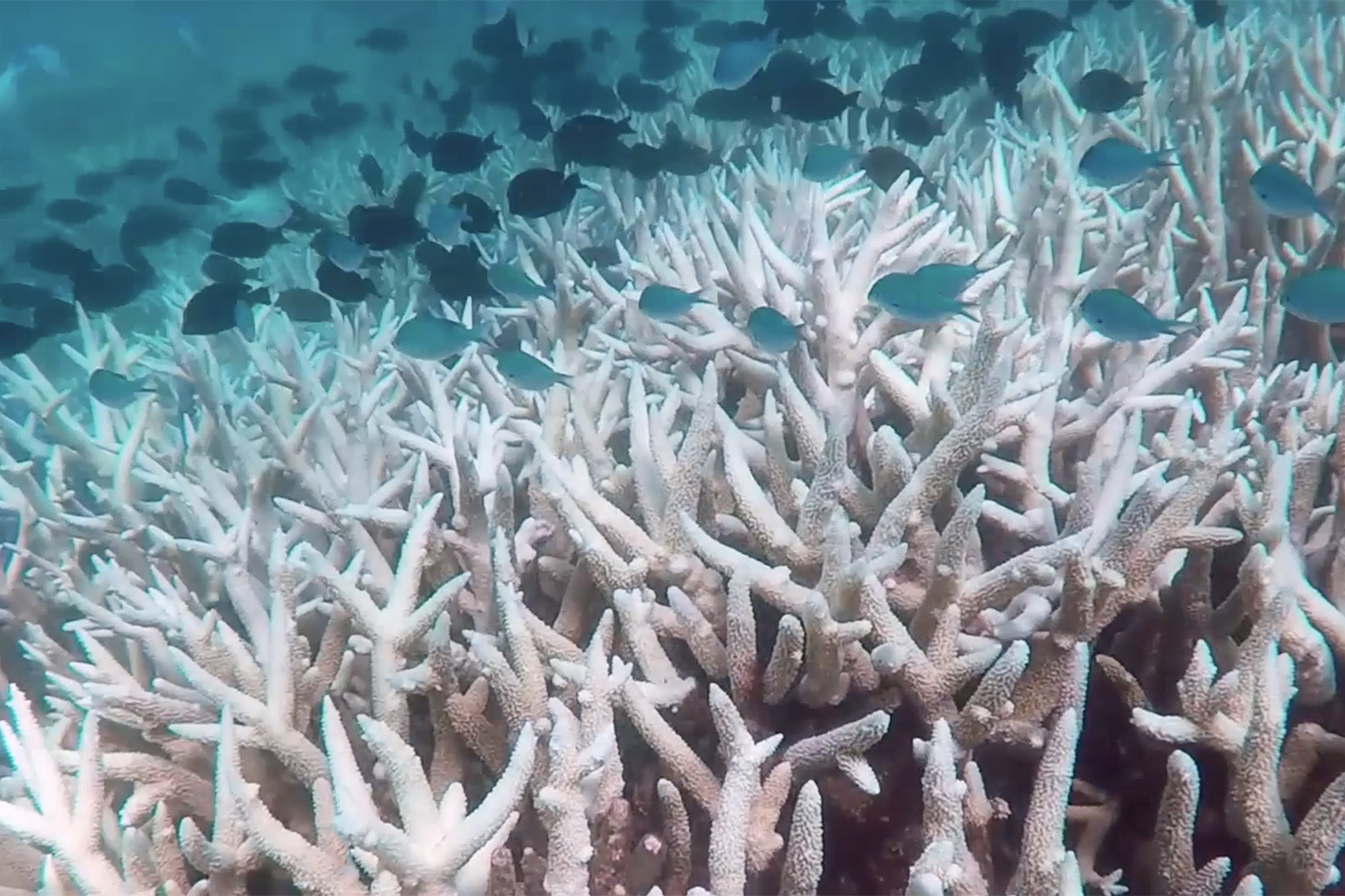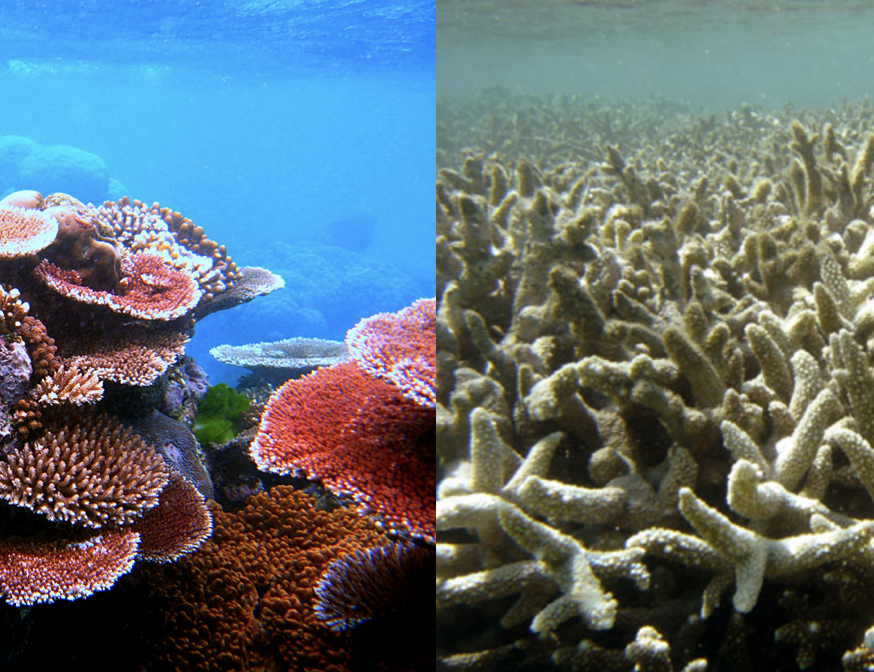Coral reefs are some of the most diverse and valuable ecosystems on the planet, providing vital habitat for countless species of fish, invertebrates, and other marine life. They also serve as natural barriers against storms and flooding, and provide economic benefits through tourism and fishing. However, these ecosystems are facing unprecedented threats due to human activities, and unless we take action to protect them, we risk losing these valuable resources forever. In this essay, we will discuss some of the main causes of coral reef destruction and what we can do to stop it.
One of the main causes of coral reef destruction is overfishing. When too many fish are taken from a coral reef ecosystem, it can cause a decline in the number of herbivorous species, which play a vital role in maintaining the balance of the ecosystem. Without enough herbivores to graze on algae, the algae can grow out of control and suffocate the coral. Overfishing can also lead to a decline in the number of predatory species, which can have a cascading effect on the entire food chain. To stop overfishing and protect coral reefs, we must implement sustainable fishing practices and enforce regulations that limit the amount of fish that can be taken from these ecosystems.
Another major threat to coral reefs is pollution. Nutrient pollution from agriculture and sewage, as well as toxic chemicals from industrial and shipping activities, can all harm coral reefs. When these pollutants enter the ocean, they can stimulate the growth of harmful algae, which can outcompete and kill coral. To reduce pollution and protect coral reefs, we must implement stricter regulations on the release of pollutants into the environment and invest in clean technologies that reduce our impact on the ocean.
Climate change is also a major threat to coral reefs. As the planet warms, coral reefs are experiencing more frequent and severe bleaching events, in which the coral expels the symbiotic algae that provide it with food and color. Without these algae, the coral becomes more vulnerable to disease and death. To stop the destruction of coral reefs due to climate change, we must reduce our greenhouse gas emissions and work to stabilize the planet's temperature. This can be done through measures such as transitioning to renewable energy sources, conserving forests and other carbon sinks, and adopting more sustainable practices in our daily lives.
In addition to these measures, we can also protect coral reefs by supporting organizations that are working to preserve these ecosystems. This can include donating money, volunteering time, or advocating for policies that support coral reef conservation. By working together, we can take the necessary steps to stop the destruction of coral reefs and ensure that these valuable ecosystems are preserved for future generations.







